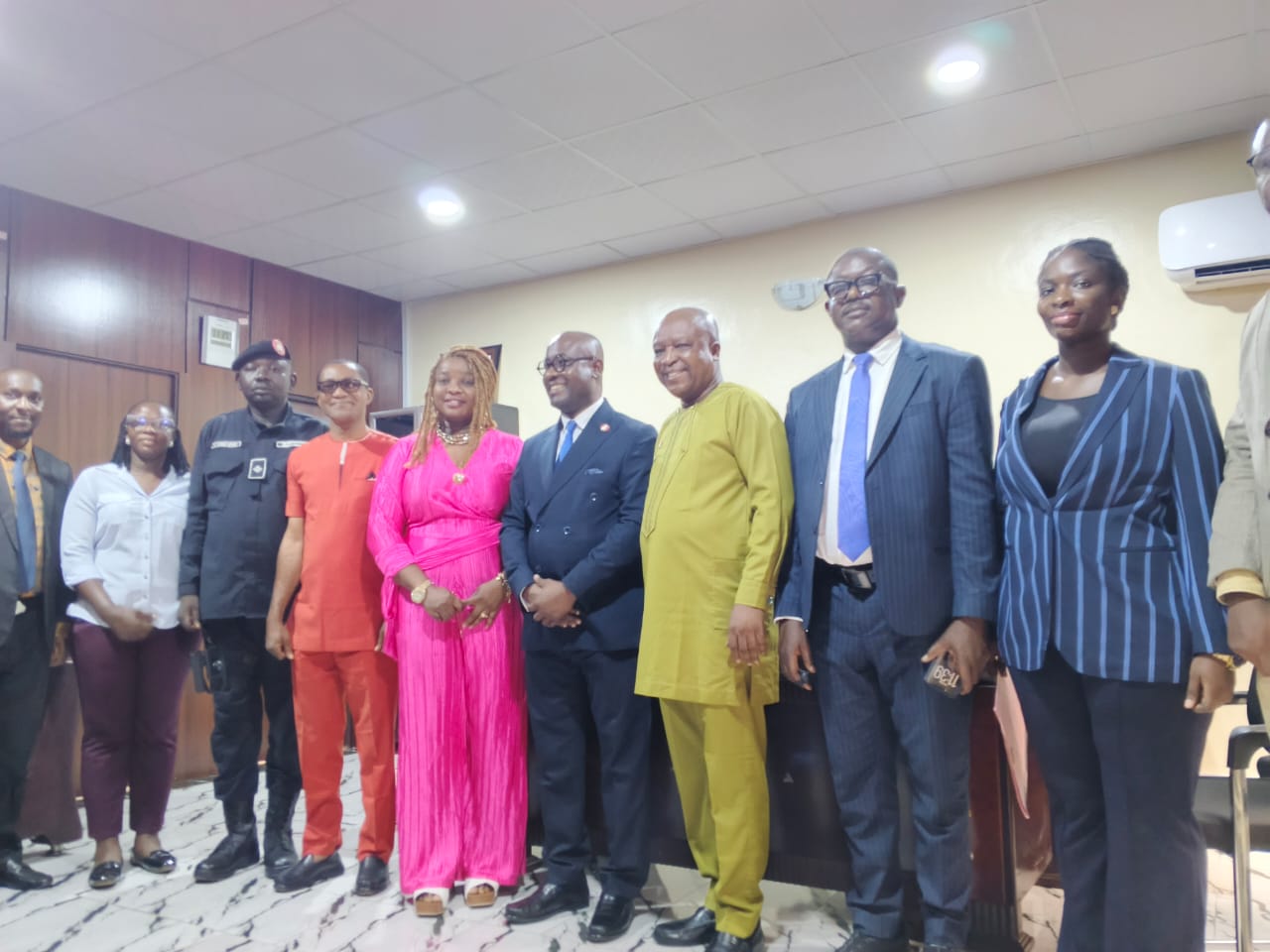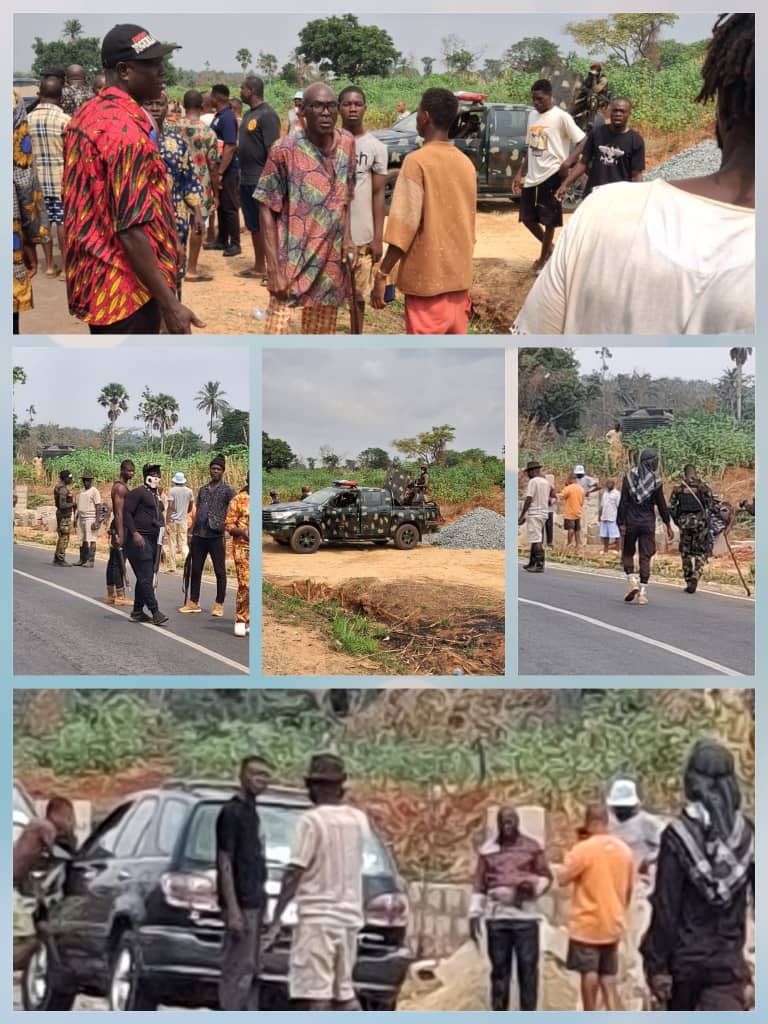Islamic scholar and prominent preacher, Sheikh Ahmad Gumi, has urged the Nigerian government to create a specialized paramilitary force to effectively address the growing threat posed by the Lakurawa terrorist group in the northern region of the country.
Speaking during a program on Eagle 102.5 FM in Ijebu Ode, Ogun State, Gumi emphasized that the ideology of the Lakurawa group is similar to that of other extremist organizations, pointing to their recent violent activities, particularly in Mera Community, Kebbi State.
Gumi criticized the Nigerian military’s capacity to handle the unique challenges of counter-terrorism, asserting that the current military structure is not designed to tackle insurgencies like Lakurawa. He argued that the military is more equipped to confront traditional state-to-state conflicts rather than non-state actors like terrorists or bandits.
“Our military is modeled on the British Army system, designed for conventional warfare, not counter-terrorism operations. It excels in traditional battles against other nations, but when it comes to fighting bandits or terror groups, it’s not suited to the task,” Gumi explained. He suggested that a new, specialized force composed of personnel more familiar with the local terrain and dynamics of insurgency would be more effective in addressing the threat posed by the Lakurawa group.
Sheikh Gumi also raised concerns about the involvement of foreign powers in the ongoing violence, citing Nigeria’s rich mineral resources and fertile lands as potential incentives for external actors to destabilize the region. He suggested that some foreign entities may intentionally incite chaos to create a justification for intervention, after which Nigeria could be forced to seek their protection. “These foreign powers are aware of Nigeria’s wealth, and their interference can further exacerbate local conflicts, which ultimately leads to a situation where the country feels compelled to seek external protection,” he noted.
The scholar also touched on the socio-economic factors that contribute to the rise of extremism, particularly among the youth. Gumi attributed the recruitment of young people into terrorist groups like Lakurawa to widespread illiteracy and economic hardship. He called on the government to establish more educational institutions, similar to the Almajiri schools introduced by former President Goodluck Jonathan, as a means of addressing the root causes of radicalization.
Furthermore, Gumi emphasized the need for the government to secure Nigeria’s borders and reduce the economic difficulties that many Nigerians face, as these conditions make the population vulnerable to recruitment by extremist groups. He warned that the ongoing insurgencies, including the Boko Haram and ISWAP conflicts, already stretch the military’s resources, and the emergence of another terrorist faction would further destabilize the country. “Nigeria is already battling several insurgent groups. Another terror group could overwhelm our already stretched military and deepen instability,” he said.
In conclusion, Sheikh Gumi urged the Nigerian government to take immediate and strategic action to address these pressing security concerns, arguing that without targeted efforts to combat terrorism and its underlying causes, the country’s military and its citizens will continue to face significant threats.




